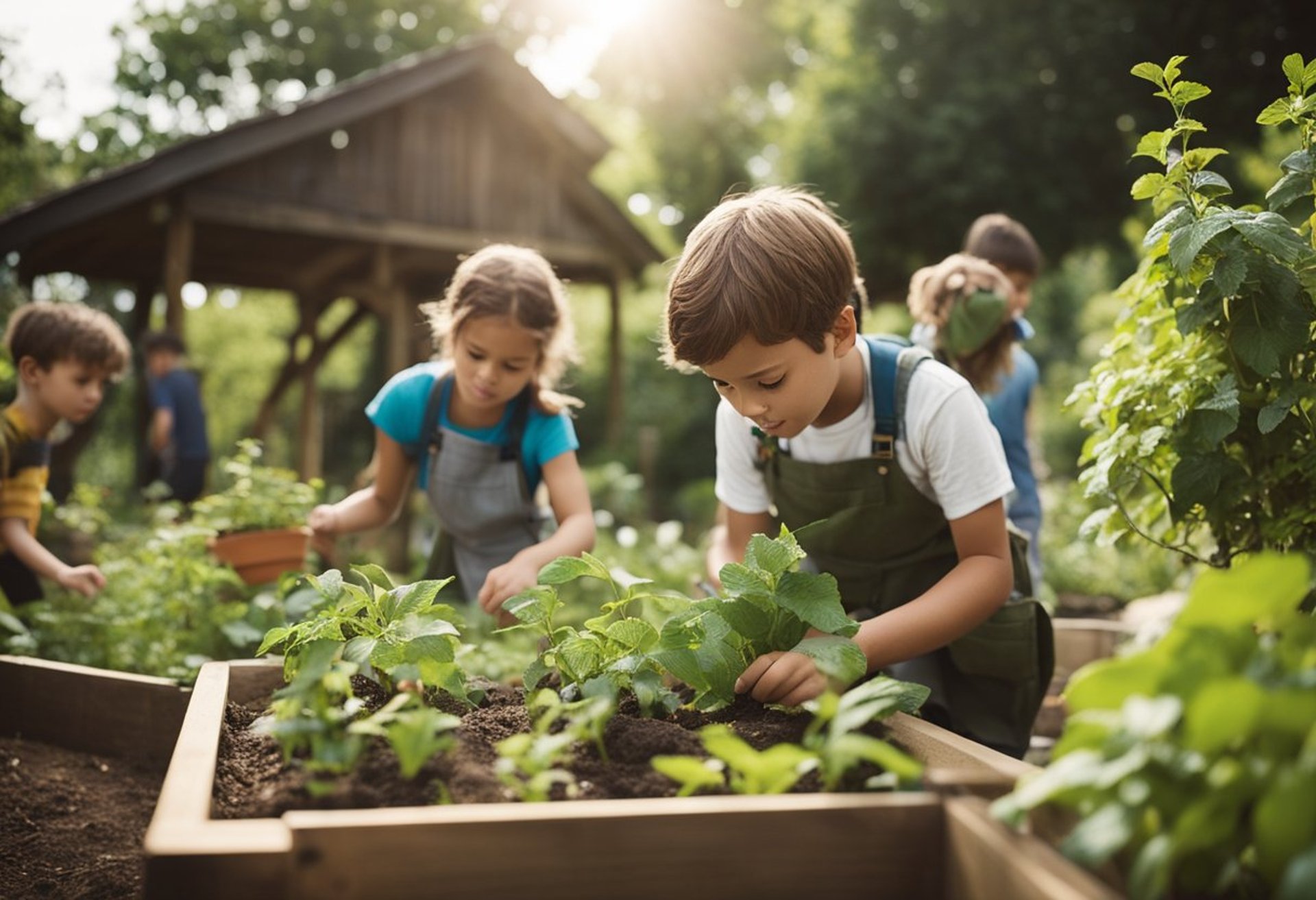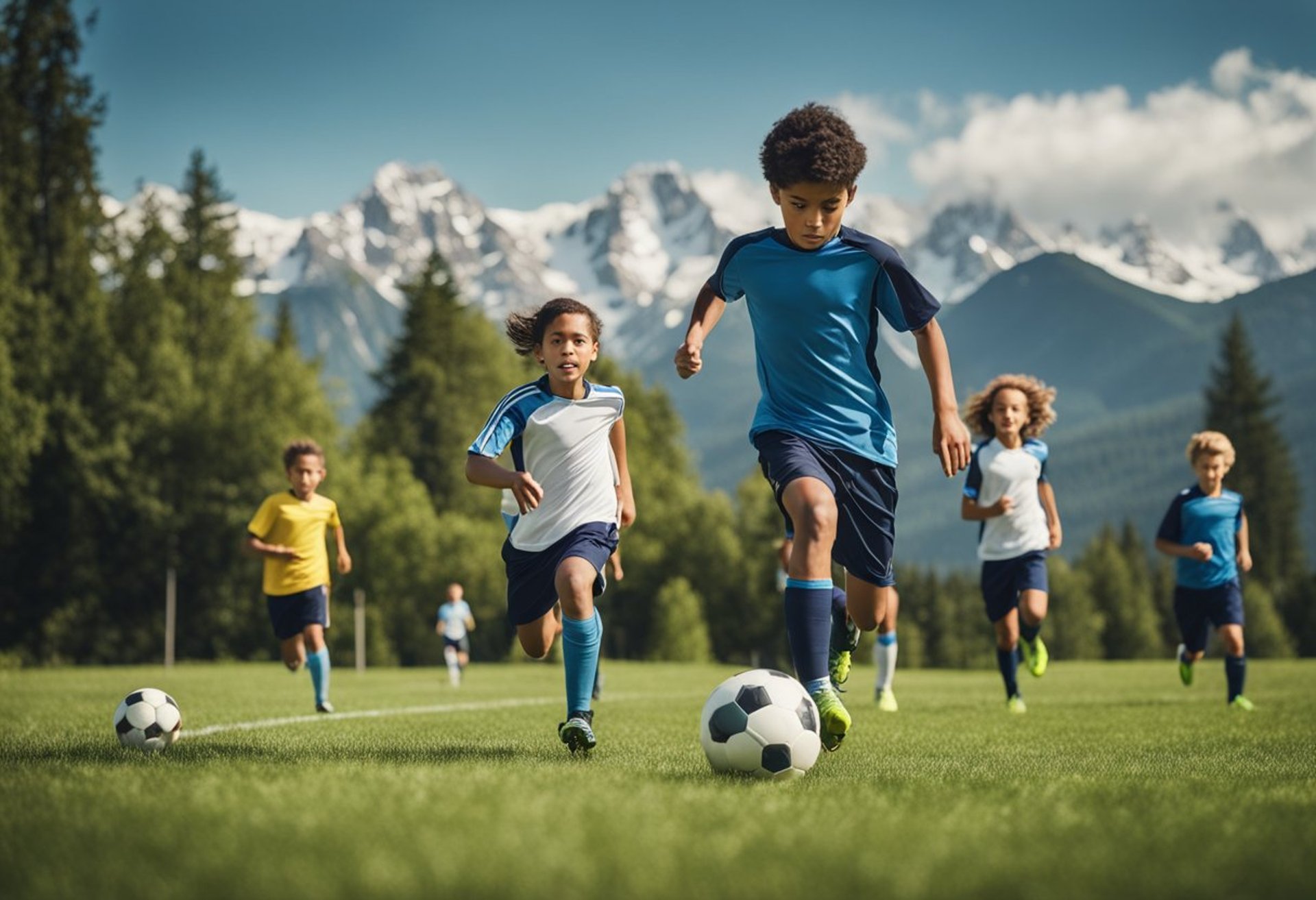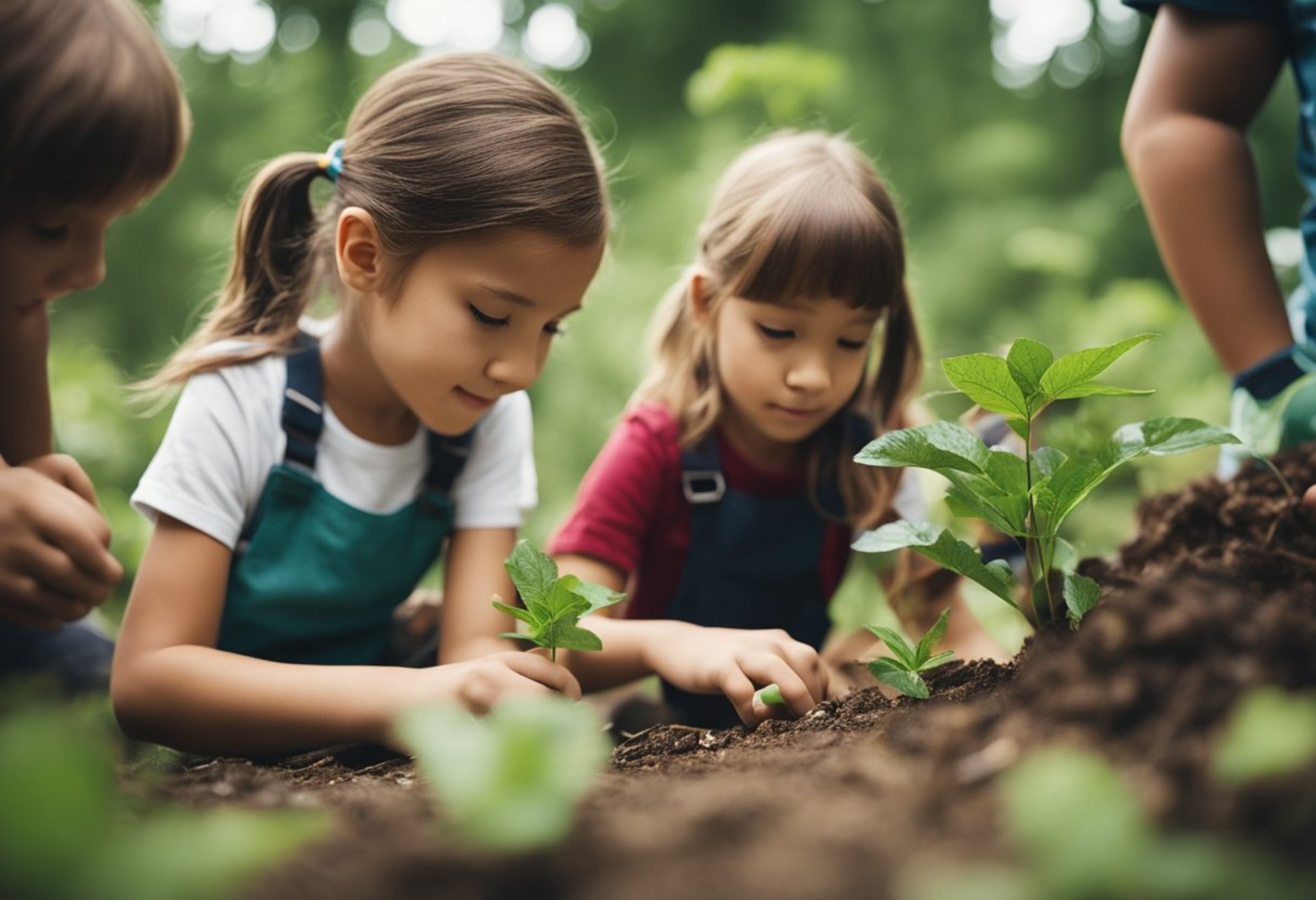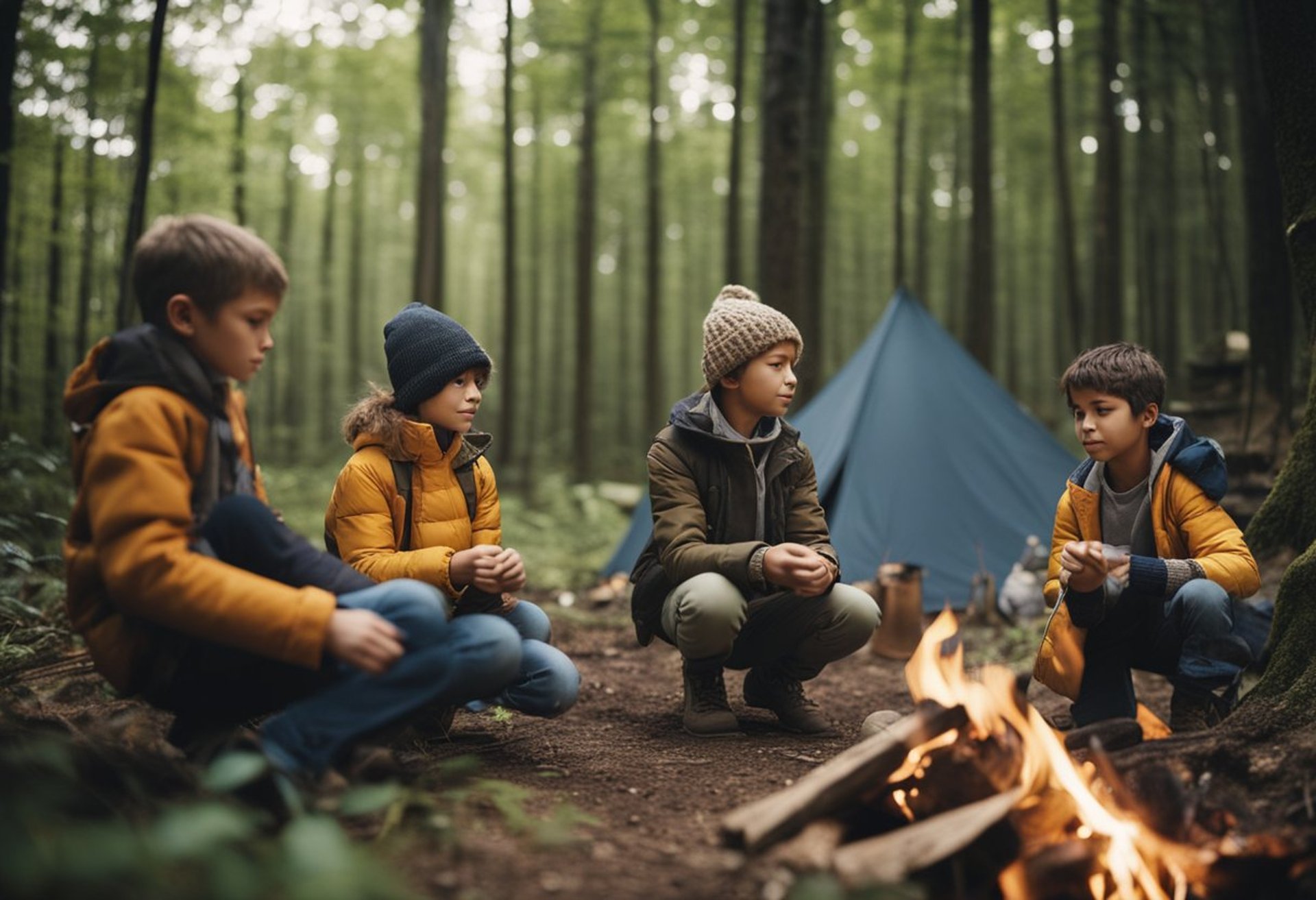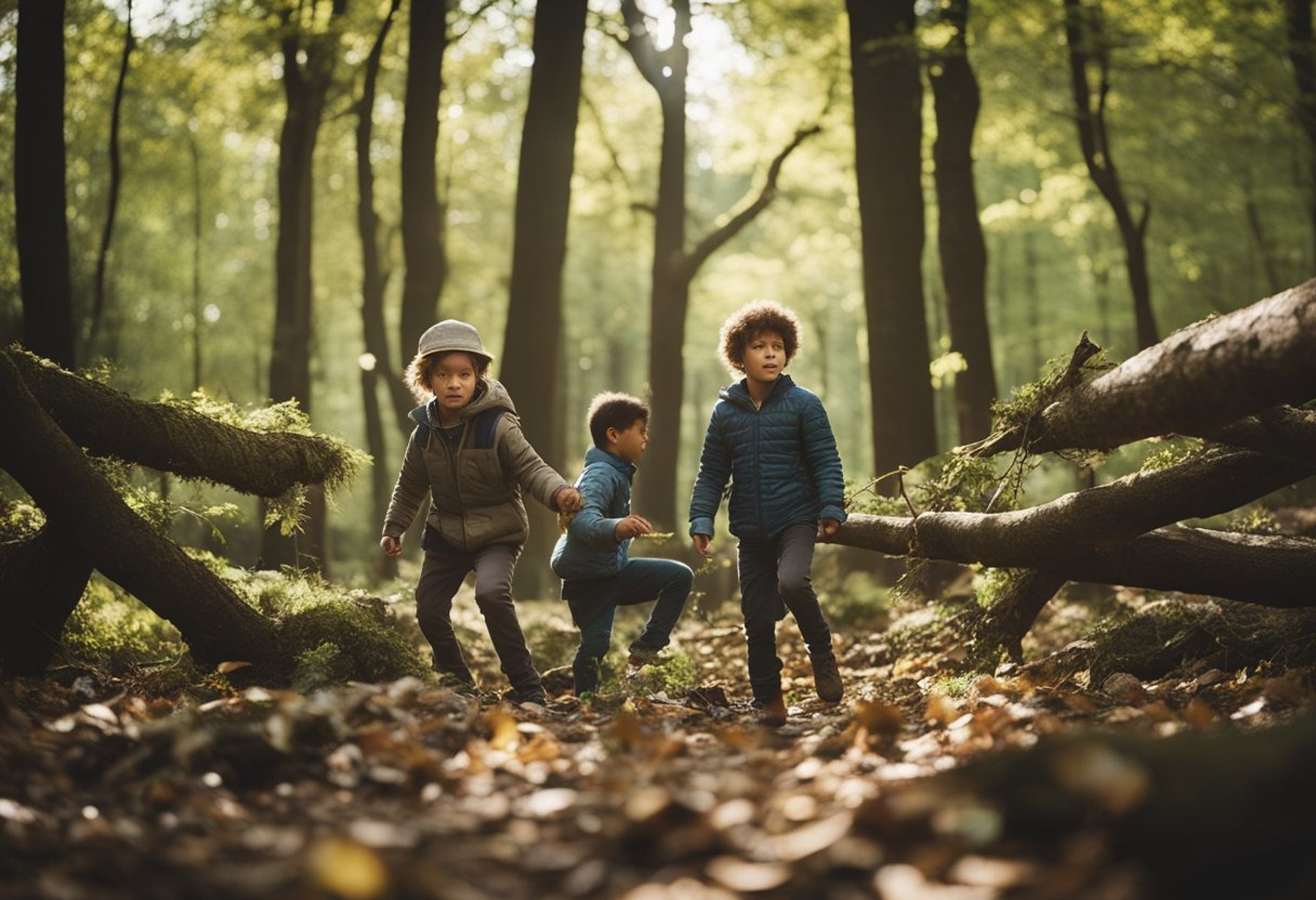12 Amazing Off-Grid Activities for Kids
Living off-grid offers a unique opportunity for children to connect with nature, develop practical skills, and spark their imagination. Without the constant pull of screens and modern conveniences, kids can enjoy creative, educational, and engaging activities that foster independence and curiosity. Here are 12 amazing off-grid activities for kids to enjoy in nature’s playground.
12 Amazing Off-Grid Activities for Kids
Living off-grid offers a unique opportunity for children to connect with nature, develop practical skills, and spark their imagination. Without the constant pull of screens and modern conveniences, kids can enjoy creative, educational, and engaging activities that foster independence and curiosity. Here are 12 amazing off-grid activities for kids to enjoy in nature’s playground.
1. Nature Scavenger Hunt
Organize a nature scavenger hunt where kids explore their surroundings in search of various natural items like rocks, leaves, feathers, or animal tracks. Not only does this teach them about their environment, but it also enhances observational skills and encourages outdoor exploration.
2. Gardening and Planting
Teaching kids to plant and care for a garden helps them understand where food comes from while fostering responsibility. Whether planting vegetables or flowers, this hands-on activity teaches patience, sustainability, and respect for nature. Let them pick seeds, plant them, water, and watch their garden grow.
3. Building Forts and Shelters
Building a fort or shelter is a fun and educational activity that encourages problem-solving and creativity. Using materials like sticks, rocks, leaves, and other natural resources, kids can design and build their own structures, developing their survival and teamwork skills.
4. Bird Watching and Wildlife Identification
Equip kids with a pair of binoculars and a wildlife guidebook, and let them observe and identify birds and other animals around your off-grid home. Birdwatching teaches patience, observation, and an appreciation for wildlife. It’s also a great way to introduce kids to biology and ecosystems.
5. Solar Oven Cooking
Harness the power of the sun and teach kids about renewable energy by building a simple solar oven. With some cardboard, foil, and plastic wrap, they can cook small treats like s’mores, pizza, or baked goods. It’s a fun and educational experiment that also introduces basic science concepts like heat transfer and solar energy.
6. Campfire Storytelling
Gathering around a campfire in the evening provides a perfect opportunity for storytelling. Encourage kids to come up with their own tales or share traditional stories from your family or culture. This activity nurtures creativity, communication skills, and imagination.
7. Stargazing
Off-grid living often means clear, unpolluted skies, making stargazing a magical experience. Teach kids about constellations, planets, and galaxies. You can use a telescope or simply lie on a blanket and gaze up at the stars, helping them understand the vastness of the universe and sparking curiosity about space.
8. Fishing and Foraging
If you live near a river, lake, or forest, teach kids basic fishing skills or how to forage for edible plants, berries, or nuts. These activities connect them with nature while teaching survival skills, patience, and self-reliance.
9. Crafting with Natural Materials
Encourage kids to gather materials from the environment—like leaves, stones, twigs, or flowers—and use them for crafts. They can make nature-inspired art, jewelry, or even small sculptures. This activity promotes creativity and resourcefulness while reducing reliance on store-bought toys and materials.
10. Map Reading and Orienteering
Orienteering helps kids learn navigation and survival skills. Teach them how to read a map and use a compass to explore the land around them. You can create a fun obstacle course or scavenger hunt where they need to follow directions and find their way using only their map-reading skills.
11. Nature Journaling
Introduce kids to journaling by encouraging them to observe and record what they see, hear, and feel in nature. They can sketch plants, animals, or landscapes and write down their thoughts and experiences. Nature journaling improves mindfulness, observational skills, and creativity.
12. Learning Basic Bushcraft Skills
Teaching kids basic bushcraft skills—such as fire-starting, knot-tying, or whittling—can give them a sense of accomplishment and self-reliance. Of course, safety should be the top priority, so always supervise these activities and ensure kids are using appropriate tools under guidance.

